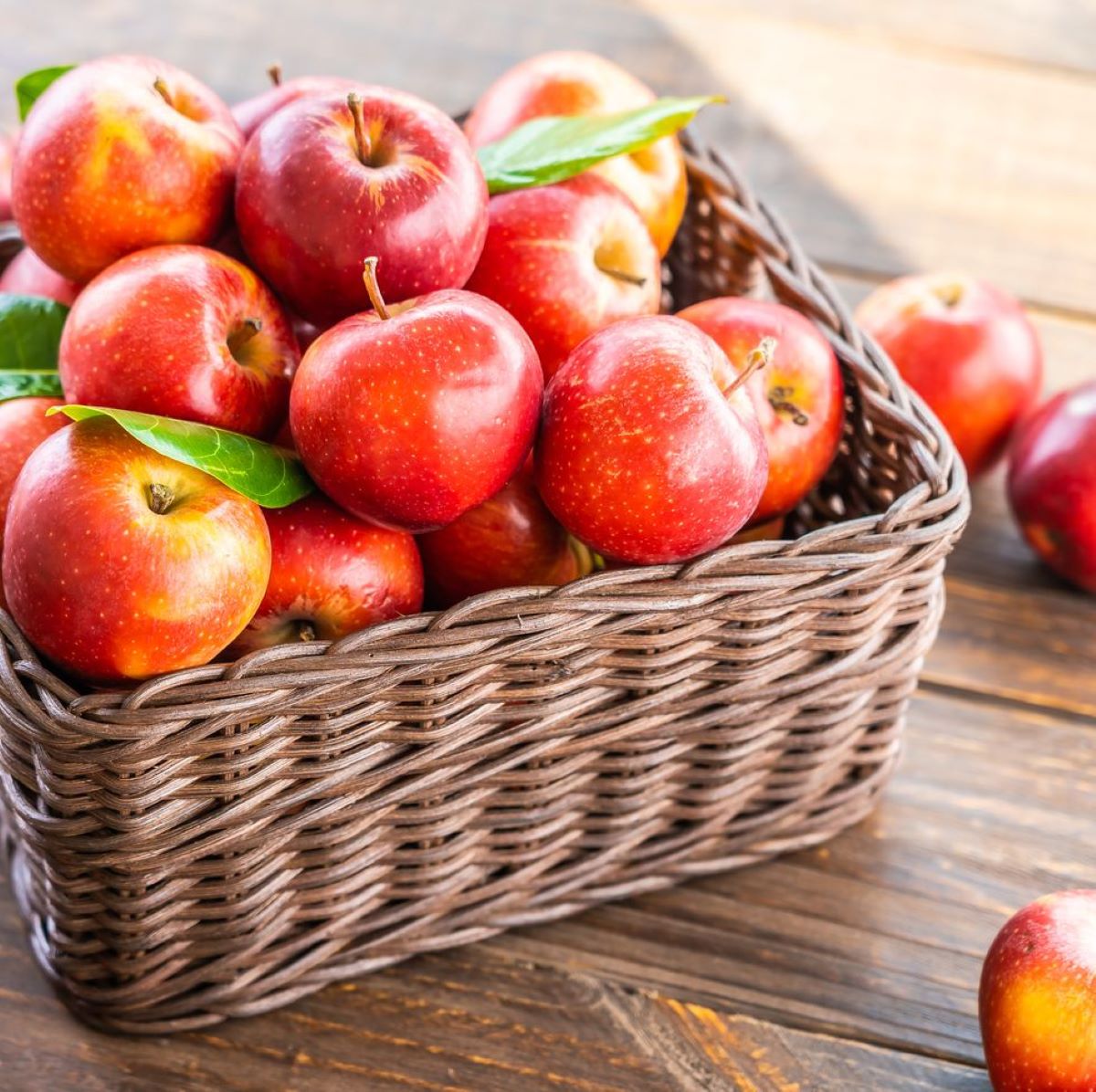

Articles
How To Store Apples To Keep Them Fresh
Modified: December 7, 2023
Learn the best methods for storing apples to maintain their freshness for longer periods. Discover simple techniques to retain their crispness and flavor in this informative article.
(Many of the links in this article redirect to a specific reviewed product. Your purchase of these products through affiliate links helps to generate commission for Storables.com, at no extra cost. Learn more)
Introduction
Welcome to this guide on how to properly store apples to keep them fresh. Apples are a delicious and versatile fruit that can be enjoyed in a variety of ways, from eating them fresh to using them in pies, sauces, and other culinary creations. However, if not stored correctly, apples can quickly lose their crispness and flavor, leading to disappointment when you bite into a mushy, tasteless apple.
Proper storage of apples is essential to maintain their quality and extend their shelf life. By following the right storing techniques, you can enjoy fresh and juicy apples for an extended period of time, even beyond their usual season.
In this article, we will discuss the importance of proper storage, tips for selecting the right apples, preparing them for storage, best practices for storing apples, different storage methods to keep them fresh, and tips for prolonging their shelf life. So, let’s dive in and learn how to store apples the right way!
Key Takeaways:
- Proper storage of apples is essential to maintain their flavor, texture, and nutritional value. Choose late-season, firm, and thick-skinned varieties, and handle them with care to ensure extended freshness and quality.
- Implement best practices such as storing in cool, well-ventilated areas, and regularly monitoring for spoilage to prolong the shelf life of apples. Consider different storage methods and additional tips to maximize freshness and minimize waste.
Read more: How To Store Bagels To Keep Them Fresh
Why Proper Storage is Important
Proper storage is crucial to maintain the flavor, texture, and freshness of apples. When exposed to unfavorable conditions, apples can quickly deteriorate, losing their crispness and becoming mealy or mushy.
Here are a few reasons why proper storage is important for apples:
- Preserve Freshness: Apples are living fruits, and even after being harvested, they continue to respire. By storing them in the right conditions, you can slow down this respiration process, extending their shelf life and keeping them fresh for a longer period of time.
- Retain Nutritional Value: Apples are packed with vitamins, fiber, and antioxidants. Proper storage helps preserve these nutrients, ensuring that you get the maximum nutritional benefits from the fruit.
- Prevent Decay: Apples are prone to decay caused by bacteria, fungi, and mold. By storing them in a way that minimizes exposure to these harmful microorganisms, you can prevent spoilage and enjoy your apples for longer.
- Maintain Flavor and Texture: The flavor and texture of apples can be significantly affected by improper storage. Apples stored in unsuitable conditions can become mealy, flavorless, or even develop off-flavors. Proper storage helps retain their natural taste and crispness.
By understanding the importance of proper storage, you can ensure that the apples you purchase or harvest stay fresh, tasty, and nutritious, enhancing your overall culinary experience. Now, let’s move on to choosing the right apples for storage.
Choosing the Right Apples for Storage
When it comes to storing apples, not all varieties are created equal. Some apples have better storage qualities than others, meaning they can stay fresh for a longer period of time. Here are a few tips to help you choose the right apples for storage:
- Choose Late-Season Varieties: Late-season apple varieties tend to have better storage capabilities than early-season varieties. Varieties such as Granny Smith, Fuji, and Pink Lady are known for their long shelf life and ability to maintain their flavor and crispness over time.
- Look for Firm and Unblemished Apples: When selecting apples for storage, opt for those that are firm to the touch and free of bruises, cuts, or other blemishes. Damaged apples are more prone to decay and can affect the quality of the surrounding apples.
- Consider Thick-Skinned Apples: Apples with thicker skins tend to have better storage capabilities. Look for varieties like Braeburn, Rome, or Stayman, which have thicker skins that can help protect the fruit and prevent moisture loss.
- Take Note of Ripeness: While it’s important to choose apples that are firm, they should not be overly ripe. Overly ripe apples have a higher chance of spoiling quickly, so opt for apples that are slightly underripe when storing them.
By selecting the right apples for storage, you are setting yourself up for success in maintaining their freshness and quality over an extended period of time. Now, let’s move on to preparing the apples for storage.
Preparing Apples for Storage
Before storing apples, it’s important to properly prepare them to ensure optimal storage conditions and longevity. Here are some steps to follow when preparing apples for storage:
- Clean the Apples: Start by gently washing the apples to remove any dirt, debris, or pesticide residue. Use lukewarm water and a mild soap or produce wash specifically designed for fruits and vegetables. Rinse the apples thoroughly and pat them dry with a clean towel.
- Inspect and Sort: Examine each apple carefully for any signs of damage, bruising, or rot. Remove any apples that show signs of spoilage as one bad apple can quickly spoil the rest. Sort the apples based on variety, size, and ripeness to make it easier to monitor their storage conditions.
- Avoid Wax Coatings: If the apples have a wax coating, consider removing it before storage. Wax can interfere with the exchange of gases and moisture, affecting the apples’ ability to breathe and potentially leading to spoilage.
- Handle with Care: Apples are delicate fruits, so handle them gently to avoid bruising or damaging the skin. Place them carefully in storage containers or baskets to minimize unnecessary contact.
By properly preparing the apples before storage, you are creating an ideal environment for them to stay fresh and maintain their quality. Now that the apples are ready, let’s delve into the best practices for storing them.
Best Practices for Storing Apples
To ensure that your apples stay fresh and delicious for as long as possible, it’s important to follow these best practices for storing them:
- Store in a Cool Location: Apples are best stored in a cool area with a temperature range of 32°F to 40°F (0°C to 4°C). Avoid storing them in direct sunlight or near heat sources, as this can speed up the ripening process and cause the apples to spoil more quickly.
- Avoid Excessive Moisture: Moisture is the enemy of fresh apples. It can lead to mold growth and accelerate spoilage. Choose a storage location with low humidity, and ensure that the apples are not stored near any sources of moisture like sinks, dishwashers, or areas prone to water leaks.
- Separate Different Varieties: Some apple varieties release ethylene gas, which can accelerate the ripening process. To prevent this, store different varieties of apples separately or place them in individual perforated bags to maintain their distinct flavors and prevent cross-contamination.
- Provide Adequate Ventilation: Apples need proper airflow to maintain their freshness. Avoid storing them in sealed plastic bags, as this can trap moisture and lead to rot. Instead, choose containers that allow for some ventilation, such as mesh bags or perforated baskets.
- Check Regularly: Regularly inspect your stored apples to ensure that none have developed any signs of spoilage. Remove any apples that are starting to decay to prevent the spread of mold or bacteria to the rest of the batch.
By following these best practices, you can create an optimal storage environment that extends the shelf life of your apples and keeps them fresh, crisp, and delicious. Next, let’s explore different storage methods to keep your apples fresh.
Store apples in the crisper drawer of the refrigerator to keep them fresh. Keep them away from other fruits and vegetables as they release ethylene gas, which can cause apples to ripen faster.
Read more: How To Store Grapes To Keep Them Fresh
Storage Methods to Keep Apples Fresh
There are several storage methods you can employ to keep your apples fresh and tasty. Let’s explore some of the most effective methods:
- Refrigerator Storage: One of the simplest and most effective ways to store apples is in the refrigerator. Place the apples in a perforated plastic bag or a covered container to maintain their moisture levels. The cold temperature of the fridge helps slow down the ripening process and keeps the apples fresh for several weeks.
- Cold Storage: If you have a cold storage area or a cool basement, you can store apples there as well. The temperature should be around 32°F to 40°F (0°C to 4°C), with humidity levels around 90%. Place the apples in perforated bags or crates, allowing for proper ventilation.
- Root Cellar Storage: If you have access to a root cellar, it can be an excellent storage option for apples. Root cellars provide cool temperatures, high humidity, and proper ventilation, creating an ideal environment for apple storage. Place the apples in crates or shallow trays, ensuring they are not in direct contact with each other.
- Freezing: Apples can also be frozen to extend their shelf life. However, keep in mind that their texture may change once thawed, making them more suitable for cooking and baking rather than eating raw. Before freezing, peel, core, and slice the apples. Toss them with lemon juice to prevent browning, then place them in airtight freezer bags or containers.
Each storage method has its own advantages, so choose the one that suits your needs and available resources. Remember to check the quality of the stored apples regularly to remove any spoiled ones promptly.
Now that you know how to store apples using different methods, let’s move on to monitoring and maintaining apple storage.
Monitoring and Maintaining Apple Storage
Proper monitoring and maintenance are essential to ensure the longevity and quality of stored apples. Here are some tips to help you effectively monitor and maintain apple storage:
- Regularly Check for Spoilage: Regularly inspect your stored apples for any signs of spoilage, such as mold, soft spots, or a foul odor. Remove any affected apples immediately to prevent the spread of decay to other fruits.
- Aerate the Storage Area: Adequate airflow is crucial for maintaining the freshness of apples. Ensure that the storage area or containers have proper ventilation to prevent the buildup of excess moisture or ethylene gas.
- Control Temperature and Humidity: Regularly monitor the temperature and humidity levels in the storage area. Aim for a temperature range of 32°F to 40°F (0°C to 4°C) and humidity levels around 90%. Adjust these factors if necessary to maintain optimal conditions.
- Rotate the Apples: To ensure even ripening and prevent bruising, periodically rotate the stored apples. This helps distribute airflow and minimizes pressure points on the fruits.
- Use Ethylene Absorbers: Ethylene is a natural gas produced by ripening fruits, which can accelerate the ripening process of apples and lead to faster decay. Consider using ethylene absorbers or placing apples with high ethylene production, such as ripe bananas, away from other apples to minimize the impact.
By diligently monitoring and maintaining your apple storage, you can prevent spoilage and ensure that your apples stay fresh and delicious for an extended period of time. Now, let’s discuss some additional tips for prolonging the shelf life of your apples.
Tips for Prolonging Apple Shelf Life
To further extend the shelf life of your apples and keep them fresh, consider incorporating these additional tips:
- Store Apples Separately: Keep apples isolated from other fruits and vegetables, as apples release ethylene gas, which can accelerate ripening and spoilage in neighboring produce.
- Avoid Overcrowding: Do not overcrowd the storage container or refrigerator compartment, as this can restrict airflow and lead to faster decay. Provide enough space for proper ventilation.
- Wrap Stems: To prevent moisture loss, which can result in shriveled apples, wrap the stem end of each apple with a small piece of plastic wrap or foil.
- Handle with Care: When handling stored apples, be gentle to avoid bruising or damaging the fruit. Even small bruises can accelerate spoilage.
- Store Unripe and Ripe Apples Separately: If you have both unripe and ripe apples, store them separately. Ripe apples produce more ethylene gas, which can cause nearby unripe apples to ripen too quickly.
- Avoid Temperature Fluctuations: Keep the temperature consistent and avoid abrupt temperature changes, as this can negatively impact the apples’ quality and shelf life.
- Consume Apples in Order of Ripeness: If you have multiple apples at different stages of ripeness, consume the ripest ones first and save the less ripe apples for later. This way, you can enjoy the apples at their peak freshness.
- Preserve Apples: If you have an abundance of apples that you can’t consume before they start to deteriorate, consider preserving them by making applesauce, apple pie filling, or dehydrating them for future use.
By implementing these tips, you can maximize the shelf life of your apples, allowing you to enjoy them over a more extended period and minimize waste. Now, let’s wrap up our discussion.
Conclusion
Proper storage is crucial for maintaining the freshness, flavor, and quality of apples. By following the right techniques and practices, you can enjoy crisp and delicious apples for an extended period of time, even beyond their usual season.
In this guide, we have explored the importance of proper storage, the best methods for selecting and preparing apples, and the best practices for storing them. We have also discussed different storage methods such as refrigeration, cold storage, and freezing. Additionally, we have provided tips for monitoring and maintaining apple storage and prolonging the shelf life of apples.
Remember to choose late-season varieties, handle them with care, and store them in cool and well-ventilated conditions. Regularly check for spoilage, control temperature and humidity levels, and consider using ethylene absorbers. Implementing these practices will help you maintain the freshness, texture, and flavor of your apples for a longer period.
Whether you are enjoying apples as a healthy snack or using them for culinary creations, the proper storage and care of apples will enhance your overall experience and ensure that you can savor the natural goodness of this wonderful fruit.
So, the next time you purchase or harvest a batch of apples, remember these storage guidelines to keep them fresh and delightful. Enjoy the sweetness and crispness of perfectly stored apples throughout the year!
Frequently Asked Questions about How To Store Apples To Keep Them Fresh
Was this page helpful?
At Storables.com, we guarantee accurate and reliable information. Our content, validated by Expert Board Contributors, is crafted following stringent Editorial Policies. We're committed to providing you with well-researched, expert-backed insights for all your informational needs.

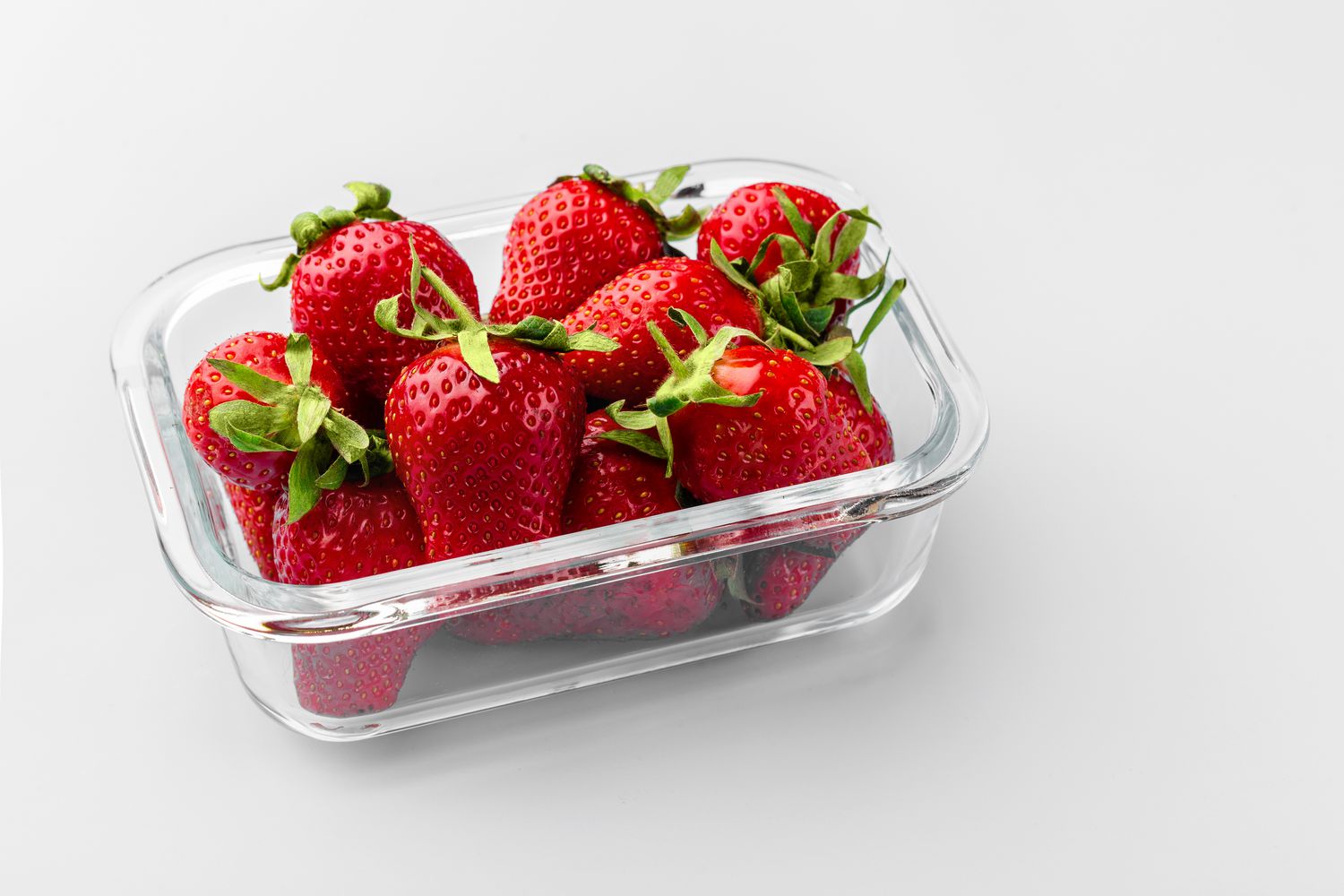
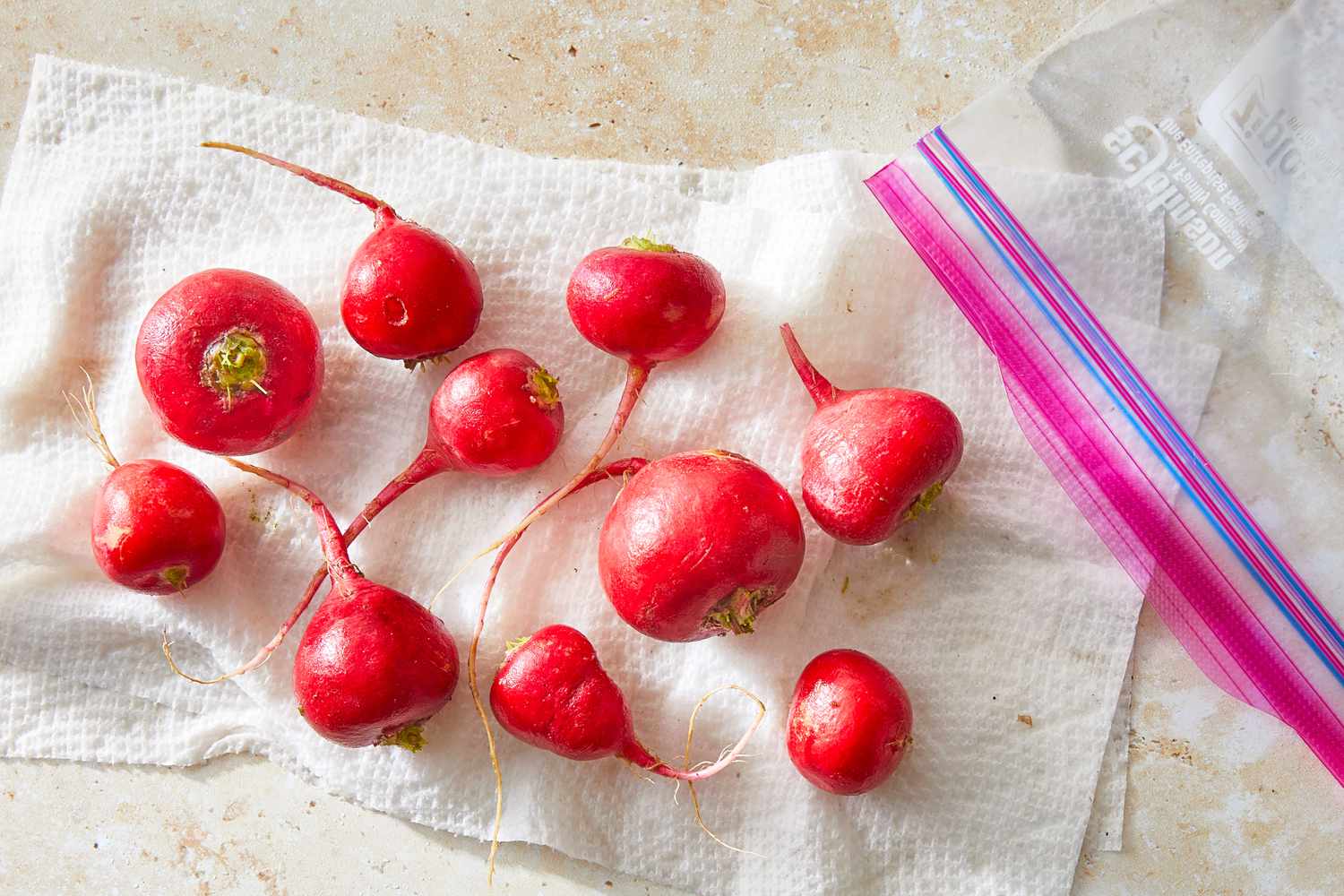
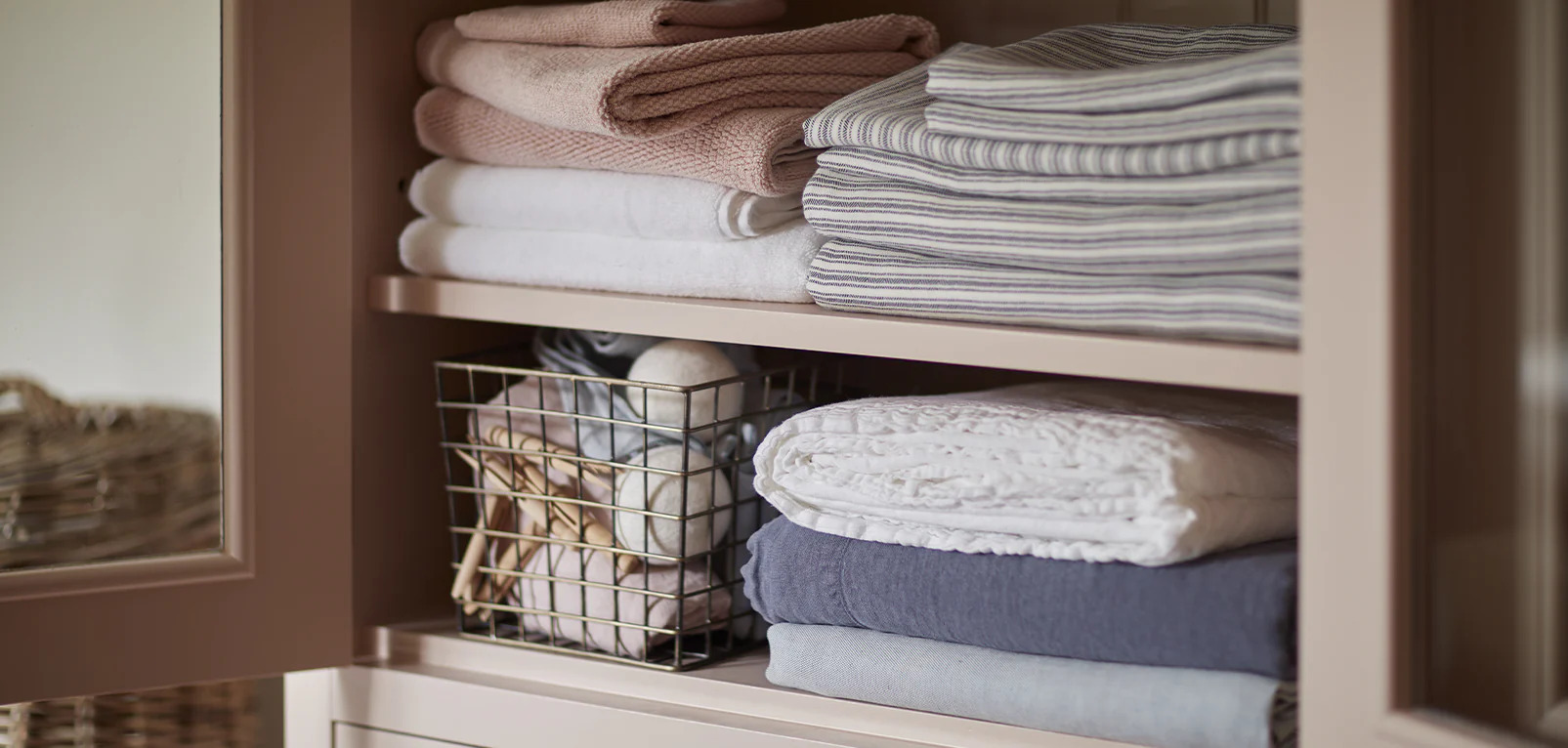

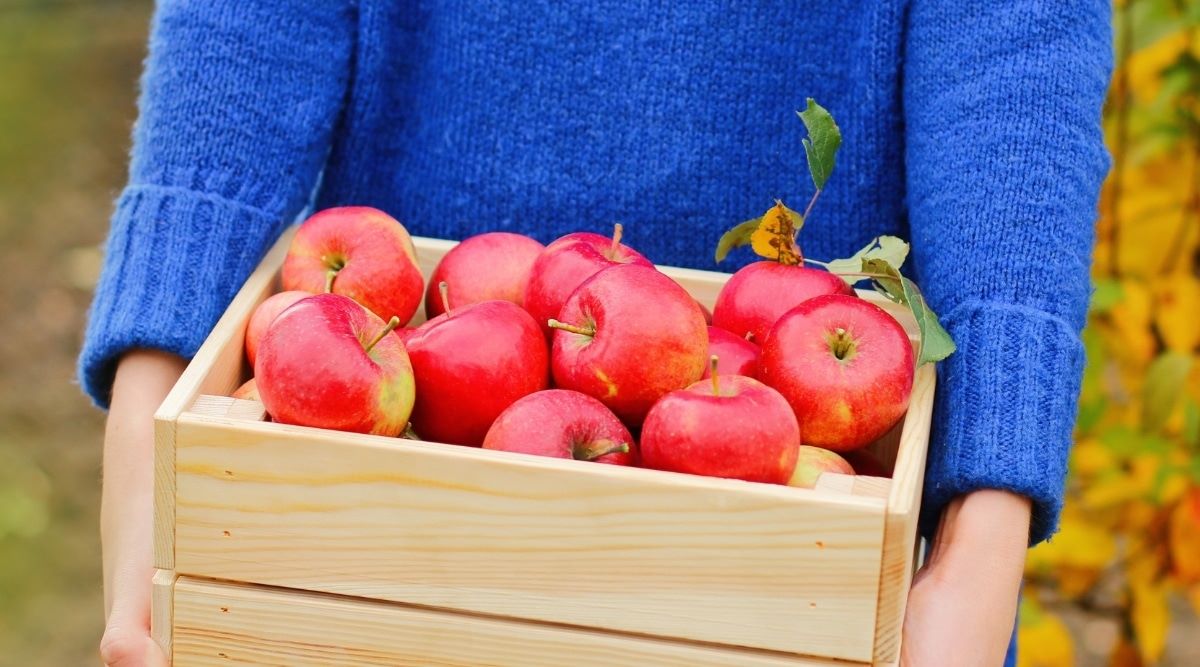
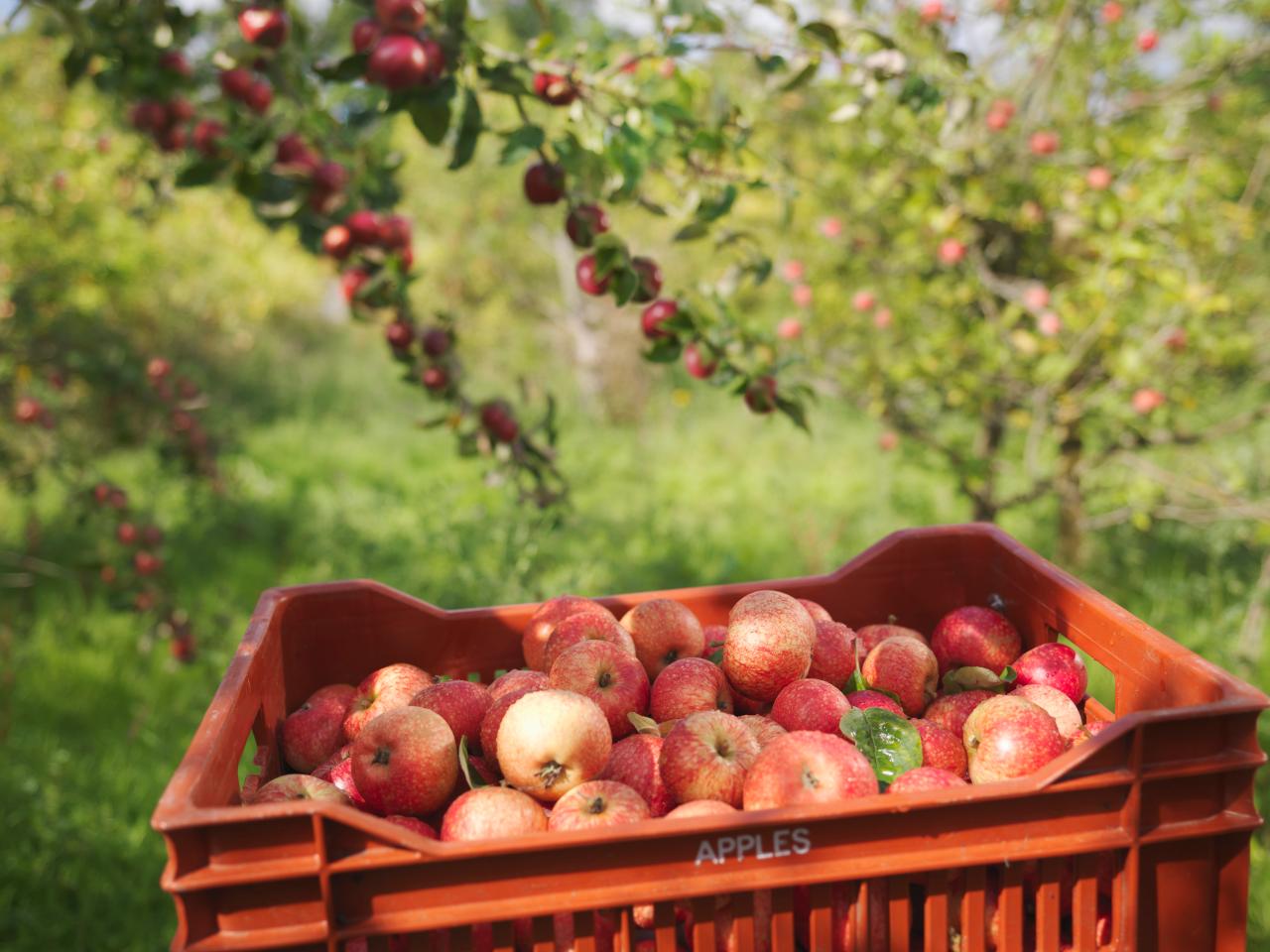
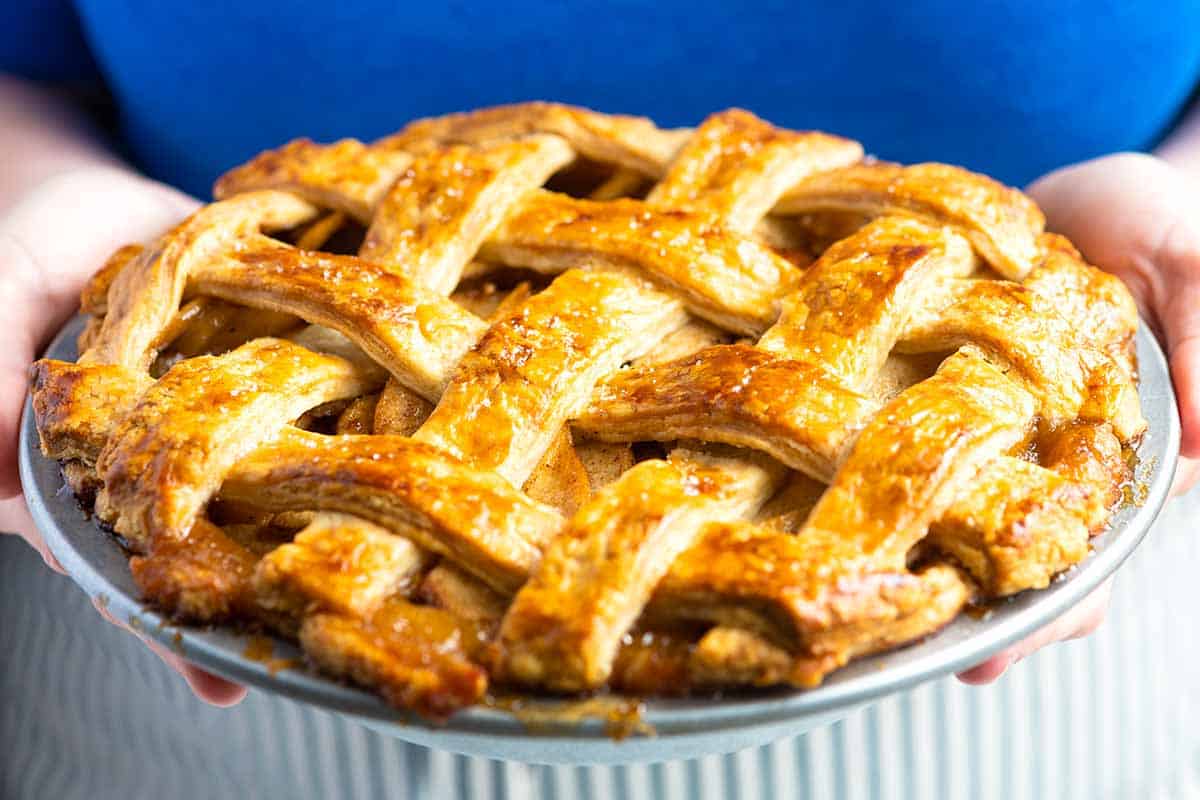
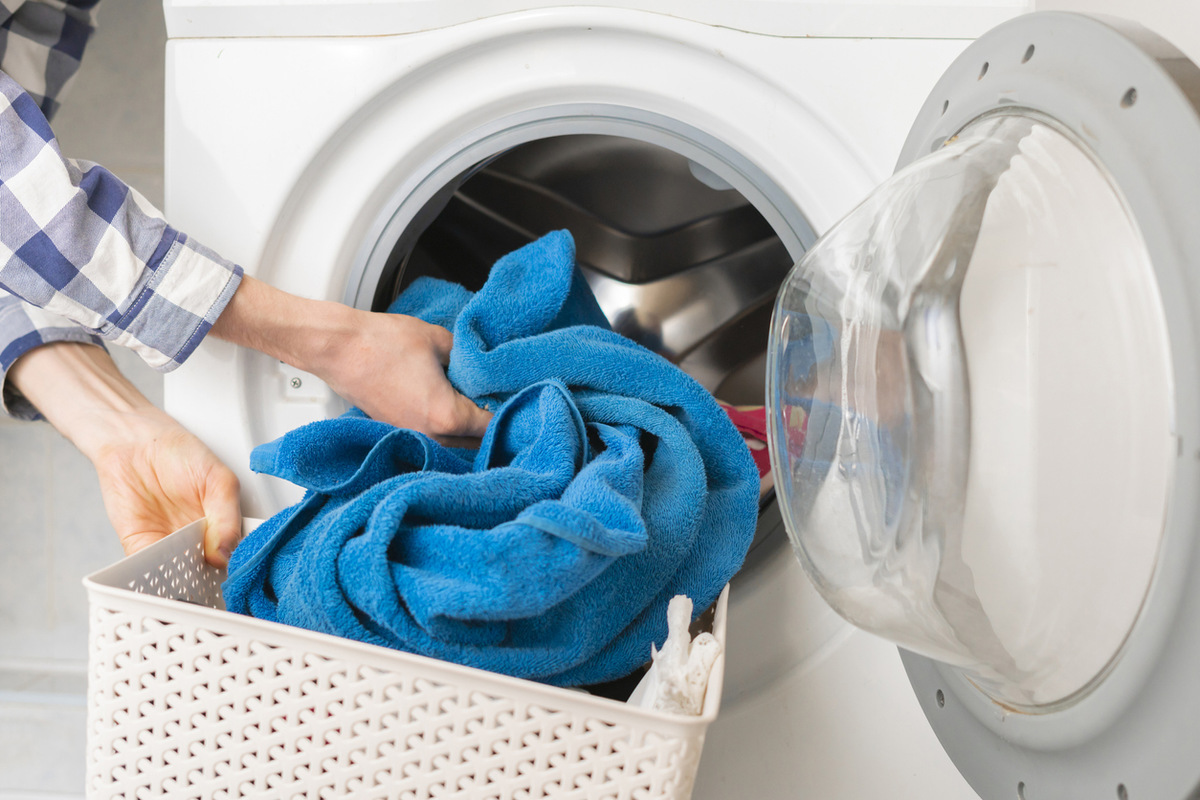
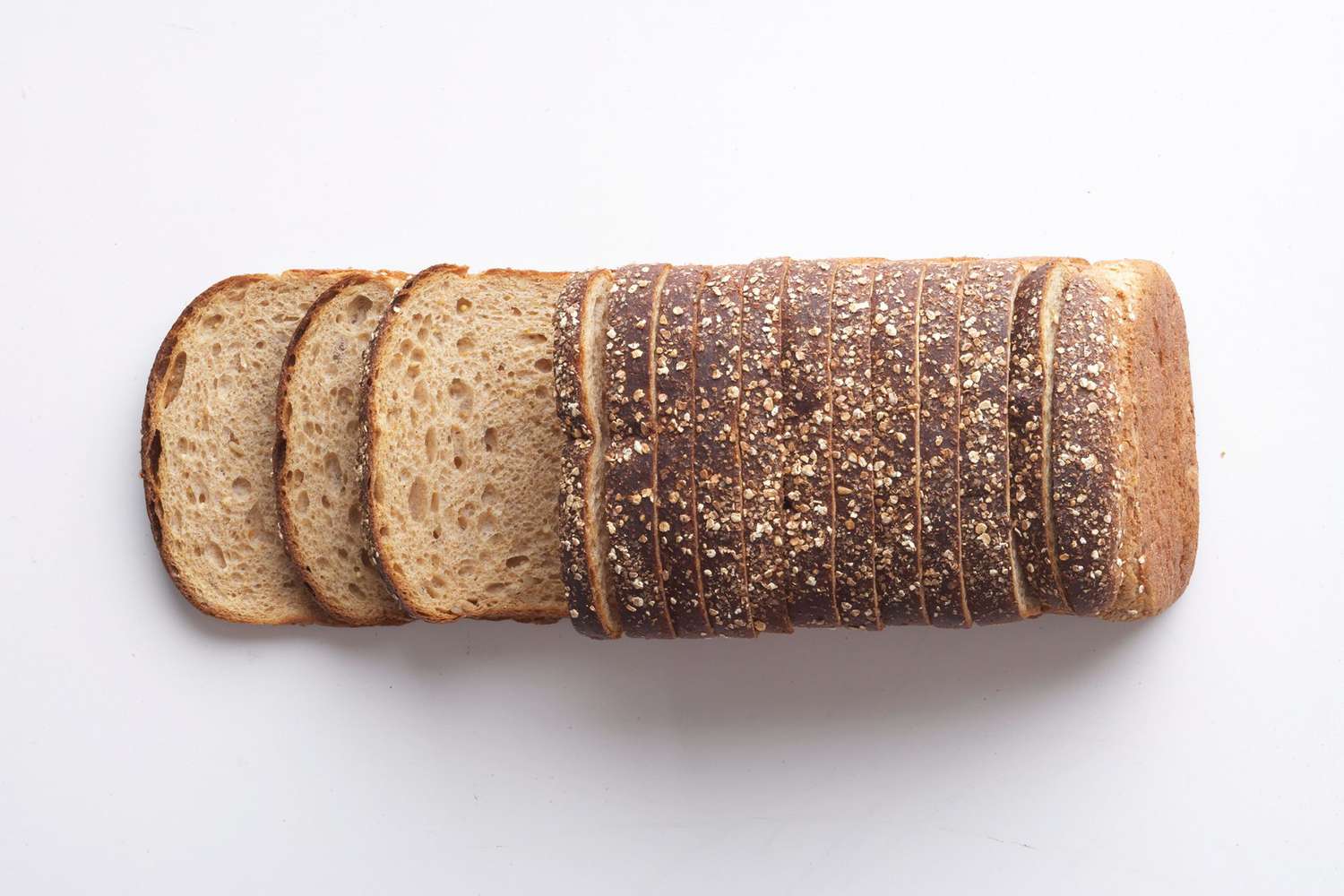
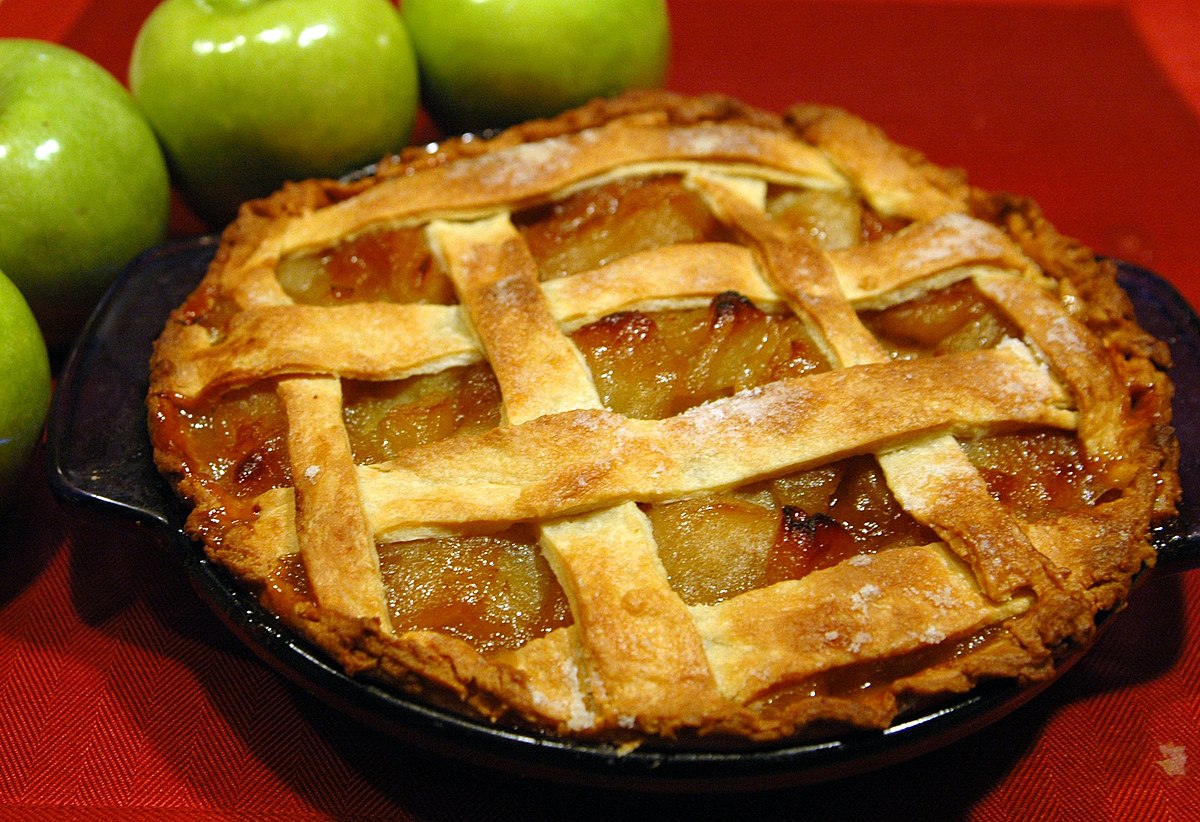


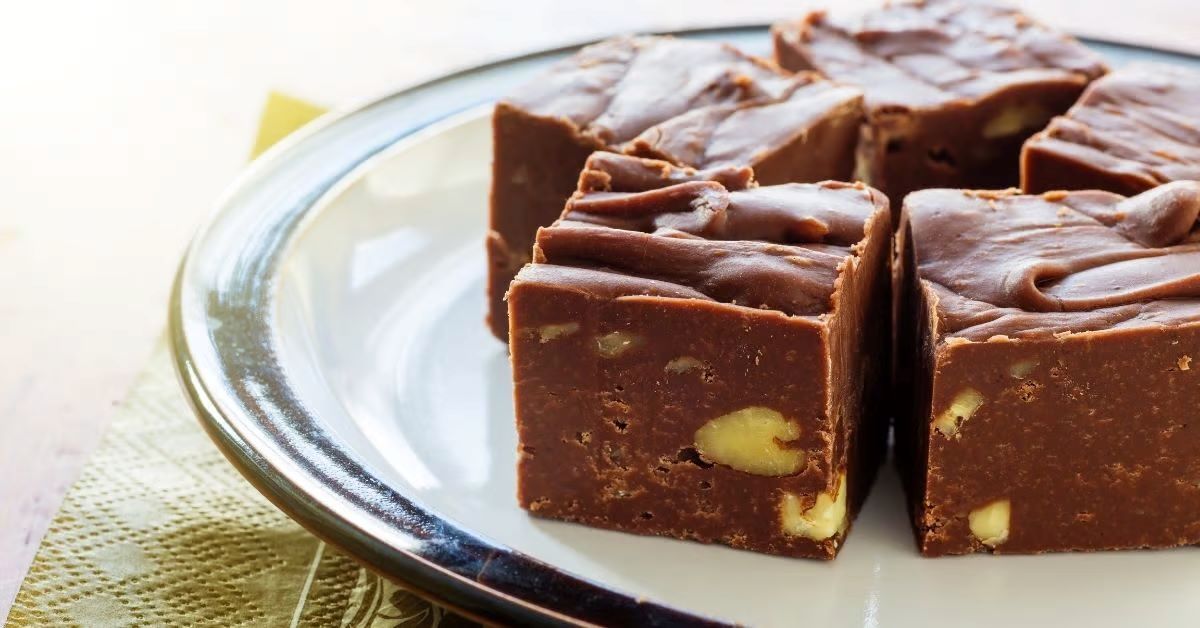

0 thoughts on “How To Store Apples To Keep Them Fresh”